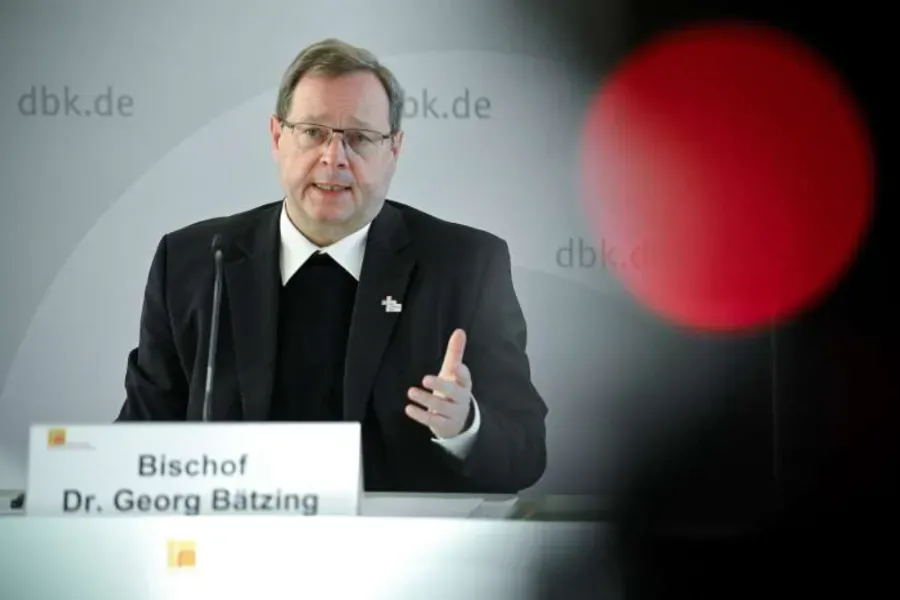Limburg, 16 April, 2022 / 6:50 pm (ACI Africa).
Bishop Georg Bätzing of Limburg, president of the German bishops’ conference, responded Thursday to a letter warning the country’s synodal path could lead to schism by defending the process as a response to abuses in the Church.
The Synodal Path is our attempt in Germany to confront the systemic causes of the abuse and its cover-up that has caused untold suffering to so many people in and through the Church,” Bishop Bätzing wrote April 14 to Archbishop Samuel Aquila of Denver. The German bishop’s letter was published April 16 at the German bishops’ conference website.
More than 80 bishops from around the world signed an April 11 open letter sent by Archbishop Aquila that warned sweeping changes to Church teaching advocated by the synodal path may lead to schism.
The “Synodal Path” is a process that brings together German lay people and Catholic bishops to discuss four major topics: how power is exercised in the Church; sexual morality; the priesthood; and the role of women. When the German bishops launched the process, they initially said that the deliberations would be “binding” on the German Church, prompting a Vatican intervention that rejected such claims.
The synodal assembly has voted in favor of documents calling for the priestly ordination of women same-sex blessings, and changes to teaching on homosexual acts.








